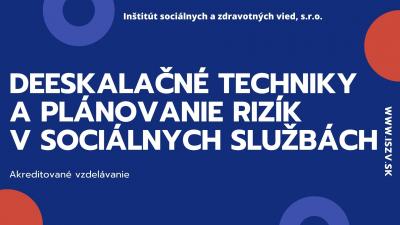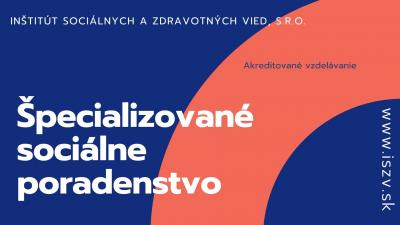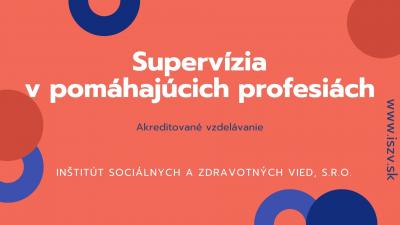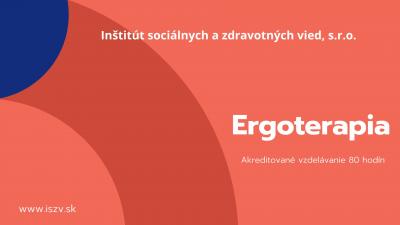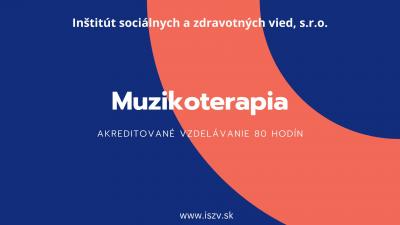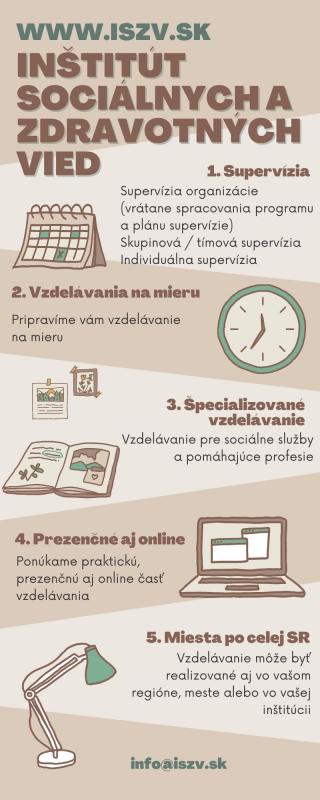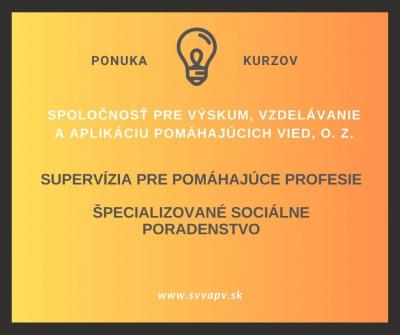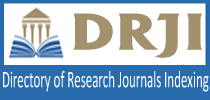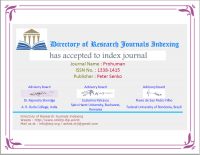aug
25
2022
The influence of social-psychological training on the development of trait emotional intelligence factors
Abstrakt: Príspevok prezentuje čiastkové výsledky nášho výskumu, ktorého cieľom bolo navrhnúť tréningový program zameraný na rozvoj emocionálnej inteligencie učiteľov a overiť jeho efektivitu. V centre našej pozornosti bolo rozvinúť emocionálnu inteligenciu učiteľov, ktorú považujeme za rozhodujúcu vo vzťahu ku kvalitnému výkonu učiteľského povolania. Dizajn výskumu mal podobu experimentu s dvoma experimentálnymi skupinami, u ktorých sme realizovali tréning emocionálnej inteligencie a dvomi kontrolnými skupinami, ktoré sa nepodrobili žiadnej zámernej stimulácii. V experimentálnom šetrení sme u učiteľov sledovali dynamiku zmien úrovne jednotlivých faktorov emocionálnej inteligencie. Na meranie faktorov emocionálnej inteligencie (emocionalita, sociabilita, well-being a sebakontrola) sme využili skrátenú formu dotazníka črtovej emocionálnej inteligencie pre dospelých TQEI-SF. Dotazník umožňuje zistiť nielen úroveň subjektívne vnímaných emocionálnych vlastností, ale aj globálnu úroveň črtovej emocionálnej inteligencie. V experimentálnych skupinách, ktoré absolvovali 70 hodinový tréning emocionálnej inteligencie, sme zistili štatisticky významné zvýšenie hodnôt vo faktore sociabilita, well-being a globálna úroveň črtovej emocionálnej inteligencie na hladine významnosti 0,05. Zistené hodnoty naznačujú posun správania účastníkov experimentálnej skupiny smerom k adaptívnejším formám.
Príspevok je čiastkovým výstupom z riešenia projektu VEGA MŠVVaŠ SR a SAV č. 1/0084/21 s názvom Osobnostné, kognitívne a motivačné prediktory profesijných kompetencií učiteľov v pregraduálnej príprave a v praxi a projektu UGA V/11/2022 Psychologická gramotnosť a profesijné kompetencie učiteľov v praxi.
Kľúčové slová: emocionalita, emocionálna inteligencia, sebakontrola, sociabilita, tréning emocionálnej inteligencie, učiteľ, well-being
Abstract: This paper presents partial results of our research, the aim of which was to design a training programme aimed at the development of the emotional intelligence of teachers and to verify its effectiveness. Our focus was to develop teachers' emotional intelligence, which we consider crucial concerning the quality performance of the teaching profession. The research design took the form of an experiment with two experimental groups in which we implemented emotional intelligence training and two control groups that did not undergo any deliberate stimulation. In the experimental investigation, we observed the dynamics of changes in the level of individual factors of emotional intelligence in teachers. To measure the emotional intelligence factors (emotionality, sociability, well-being and self-control), we used a shortened form of the Trait Questionnaire of Emotional Intelligence for Adults TQEI-SF. The questionnaire allows determining the level of emotional traits perceived subjectively and the global level of trait emotional intelligence. In the experimental groups that underwent 70 hours of emotional intelligence training, we found statistically significant increases in the values of the factors sociability, well-being and global level of trait emotional intelligence at the 0.05 level of significance. The obtained values indicate a shift in the behaviour of the participants of the experimental group towards more adaptive forms.
The paper is a partial output of the VEGA project of the Ministry of Education, Science, Research and Sport of the Slovak Republic and the Slovak Academy of Sciences No. 1/0084/21 entitled Personal, cognitive and motivational predictors of teachers' professional competences in pregraduate training and practice and the project UGA V/11/2022 Psychological literacy and professional competence of teachers in practice.
Key words: emotionality, emotional intelligence, self-control, sociability, emotional intelligence training, teacher, well-being








